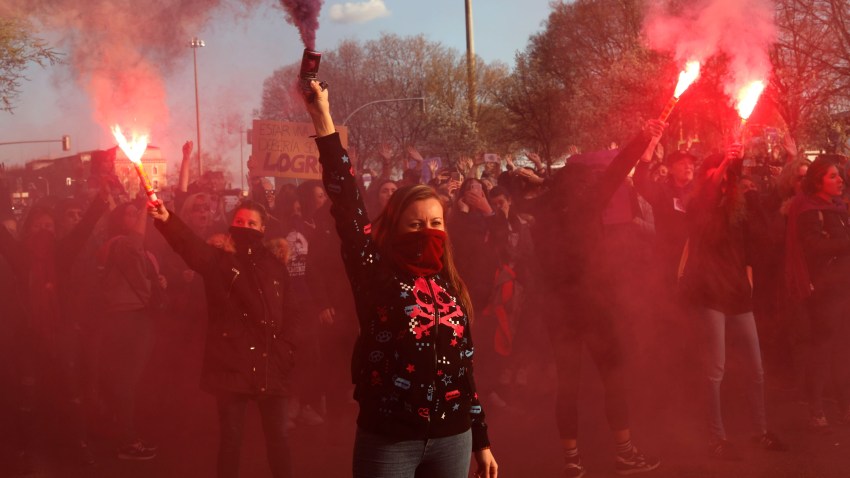Globally, human rights remain under attack, whether by populist movements desperate to gain power or authoritarian governments eager to maintain it. Technology has opened up new frontiers for sharing dissenting ideas across borders, but also for governments to curb their citizens’ ability to express them. And broad assaults are underway on institutions like the International Criminal Court, which was established not only to offer recourse for the victims of rights violations, but to establish an international human rights benchmark. Instead, respect for human rights is being replaced by a dangerous intolerance.
Around the world, populist authoritarians have built their movements by demonizing minorities. In Poland, incumbent President Andrzej Duda ran for reelection in 2020—and won—on an explicitly anti-LGBTQ platform. In Spain, the far-right Vox party has made hostility to gender equality and LGBTQ rights central to its agenda. And even Peru’s recently ousted left-wing president, Pedro Castillo, demonized activists for gender equality and LGBTQ rights, despite championing an ostensibly progressive economic agenda.
Meanwhile, in China, the central government is carrying out an organized campaign in Xinjiang to strip the predominantly Muslim ethnic Uyghur population of its cultural identity, including through the use of concentration camps and forced labor. And in Venezuela, the government of President Nicolas Maduro was recently accused by investigators for the U.N. Human Rights Council of having engaged in crimes against humanity, targeting political dissenters with arbitrary detention, torture and extralegal killings.
At the same time, the populist rise has invigorated civil society efforts to protect historically marginalized communities, including members of the LGBTQ community, religious minorities and Indigenous groups. And with the emergence of a tougher line on China in the U.S., but also in Europe, governments are beginning to impose sanctions on Chinese officials and enterprises involved in the abuses in Xinjiang.
WPR has covered human rights issues in detail and continues to examine key questions about new developments. What are the most effective ways to protect human rights, and what additional steps might be taken? What role will technology play in both preserving and circumscribing human rights? And how will changes in the international order and global balance of power affect the human rights landscape?
Editor’s note: This article was originally published in May 2019 and is regularly updated.

